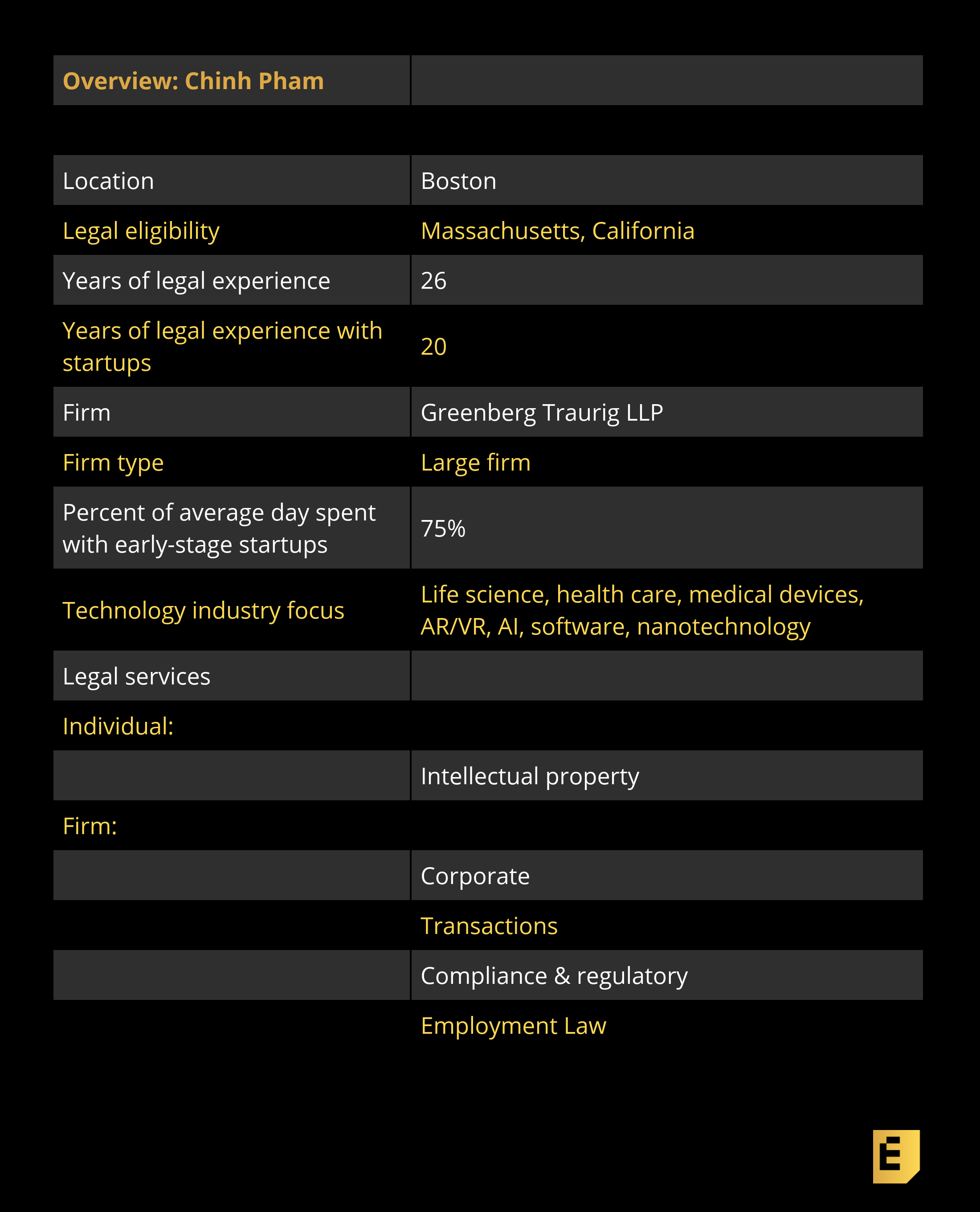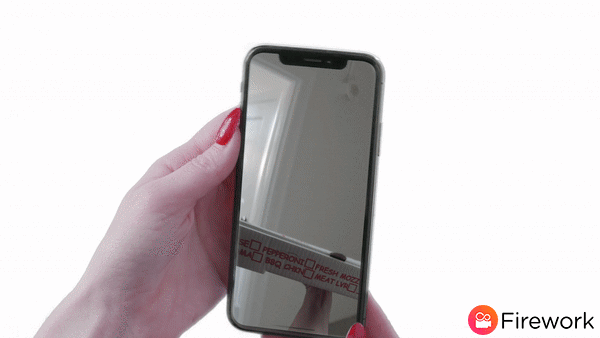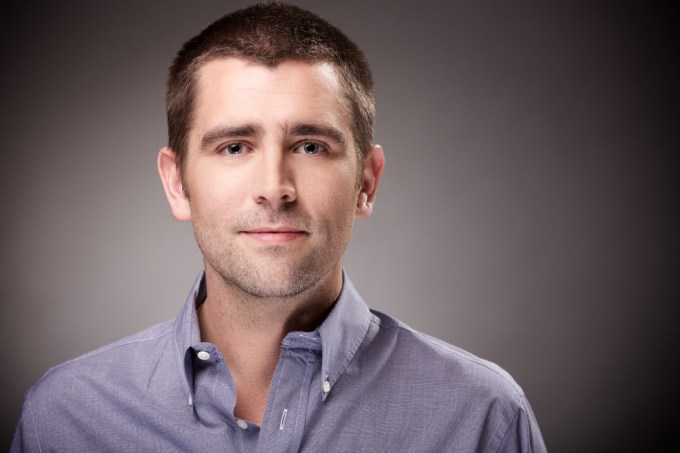Two days after Spotify announced that it had filed a suit against Apple with the European Commission over anticompetitive practices, Apple today issued its own response of sorts.
In a lengthy statement on its site called “Addressing Spotify’s Claims”, Apple walks through and dismantles some of the key parts of Spotify’s accusations about how the App Store works, covering app store approval times, Spotify’s actual cut on subscription revenues, and Spotify’s rise as a result of its presence on iOS.
At the same time, Apple carefully sidesteps addressing any of Spotify’s demands: Spotify has filed a case with the European Commission to investigate the company over anticompetitive practices and specifically to consider the relationship between Apple and Spotify (and by association any app maker) in terms of whether it is really providing a level playing field, specifically in the context of building and expanding Apple Music, its own product that competes directly with Spotify on the platform that Apple owns.
In fact, Apple doesn’t mention the European Commission, nor the suit, even once in its 1,100+ word statement. Here is what it does cover:
— App Store updates. Spotify has accused Apple of dragging its feet on updates to its apps and deliberately doing to so impacts its ability to distribute its service effectively. The company made 173 updates to its apps on iOS, and while Apple doesn’t speak to any transparency on just how long it takes to approve changes, it notes that Spotify has had more than 300 million downloads of its app, and “the only time we have requested adjustments is when Spotify has tried to sidestep the same rules that every other app follows.”
It also says it’s worked with Spotify to bring it to more platforms and devices — although it did not address one of Spotify’s specific claims, that Apple’s HomePod is the only home speaker where Spotify is currently not available.
— App store pricing. The crux of Apple’s belief is that Spotify wants to use the benefits of being a revenue-generating app on the store, without paying any dues to be there, living rent-free, as it were.
Apple points out that 84 percent of apps on the App Store are actually free to use (many of them will be ad-supported) and in those cases, they really do not pay anything to Apple. But it believes that if you are going to use its platform to make money, Apple should get a cut. The question has always been just how much of a cut Apple should get.
The company’s development of payments has been a tricky one for Apple. In some regards that is a blessing. It centralises your billing details in one trusted place, which ultimately makes for a secure experience. In others it’s a curse: it imposes a particularly strict set of rules and commissions that everyone must follow and doesn’t give developers or customers any choice for how to take and make payments within apps.
Apple notes that in the case of Spotify, the company is misrepresenting App Store commissions on a number of counts. For one, right now, Apple takes a 30 percent cut on subscriptions in the first year, but after that it brings that down to 15 percent. Spotify failed to mention that commission change, focusing only on the 30 percent figure that makes Apple look especially greedy.
It also notes that a lot of Spotify’s customers are using the free version of the product, not paying for any subscriptions. And given that Spotify has tried to shift more of its billing to its site instead of within the app, claims of losing out money over Apple’s terms and a lack of choice for how to pay within it — you have to use Apple’s in-app payments to pay for subscriptions and other goods in apps — are not valid: “Even now, only a tiny fraction of their subscriptions fall under Apple’s revenue-sharing model. Spotify is asking for that number to be zero,” it notes.
What Apple fails to respond to is that Spotify identifies a number of other apps that appear to be given provisions to enable payments that do not run through Apple’s billing, and Apple has not been transparent over how it has chosen those.
— Apple Music versus Spotify. The suit filed with the European Commission and antitrust accusations are not the only two things that Apple does not cover in its response. It also completely fails to give even one mention of its own music product, Apple Music, which competes directly with Spotify.
It does say that “We share Spotify’s love of music and their vision of sharing it with the world,” and instead goes directly after Spotify in the jugular: its own issues with how it controls those wanting to do business on its own platform. “Spotify’s aim is to make more money off others’ work. And it’s not just the App Store that they’re trying to squeeze — it’s also artists, musicians and songwriters,” it notes, pointing to a recent suit against music creators filed by Spotify after the US Copyright Royalty Board required Spotify to increase its royalty payments. “This isn’t just wrong, it represents a real, meaningful and damaging step backwards for the music industry,” Apple notes.
Trust in antitrust
Indeed, while the case is in progress and remains sealed, Spotify has summed up many of its key points in a site that it is promoting called Time to Play Fair. But to be very clear, some of us might be hard pressed to call Spotify exactly an underdog.
Apple is one of the biggest and most profitable companies in the world, and Spotify is still scrambling to prove out the long-term financial viability of music streaming as a business model. But Spotify is also the world’s biggest music streaming company, and in reality both have had their fair share of accusations related to how they leverage control over those using their platforms — app publishers for Apple; musicians and those in related fields for Spotify — for their better financial gain.
Spotify’s best approach, in my opinion, would be to keep this debate and make its case to the European Commission at as high a level as possible. There have been a number of examples already of how regulators in Europe have broken up companies or business models, enforcing different practices in the name of promoting better competition: telecoms, internet access, computer and mobile operating systems, advertising and television are among the areas where it’s already proven that it will champion first not the platform, but those who are trying to use it, especially in cases where the platform companies also happen to directly compete with their customers: where those who own the playing field are forced to provide terms to visiting athletes that ensure they get the same treatment as the home team.
This case would be the first time that app stores are considered on the same terms, a mark of just how ubiquitous they have become.
In that regard, by going through some of Spotify’s claims to provide its own rebuttals, Apple seems to be trying to paint a very specific picture to the public — one that we imagine will also play out as it presents its case to regulators: Spotify is not exactly a small company and it has most definitely benefitted, not failed, by virtue of being in the Apple App Store. That’s a key image that — if successful — will help Apple deflect from being viewed as a monopoly, and subsequently forced to change its practices.
from TechCrunch https://ift.tt/2UEGBGa


 Eric Eldon: First of all, how did you get into working with startups and within the wider world of the legal profession? I’d love to hear about your experiences working in Boston in particular as well.
Eric Eldon: First of all, how did you get into working with startups and within the wider world of the legal profession? I’d love to hear about your experiences working in Boston in particular as well.




